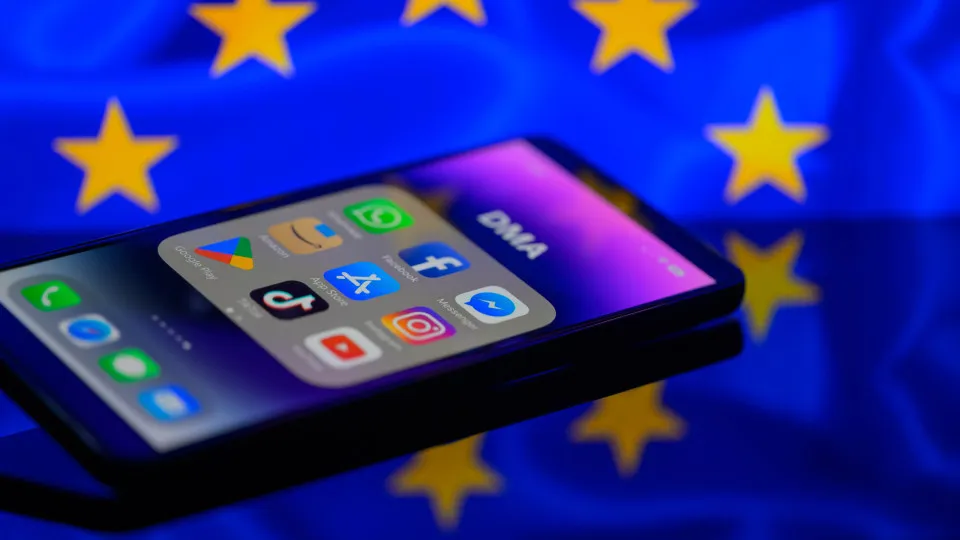
The European Central Bank (ECB) announced today that a digital euro could foster innovation within the European payment system and enhance financial inclusion.
This statement derives from a report released by the ECB concerning the digital euro innovation platform, launched in October 2024 to collaborate and engage with stakeholders.
Executive Board member Piero Cipollone stated that the ECB invited “market participants to envision the opportunities a digital euro might offer to consumers and merchants,” as mentioned during the report’s presentation at a payments conference at Bocconi University, Milan.
The report outlines the innovations and applications the digital euro would facilitate.
For instance, digital euro transactions could lower costs in financial exchanges between companies purchasing goods or services, transactions which typically have larger volumes compared to consumer payments.
Electronic receipts (e-receipts) would allow consumers “to access purchase records, simplifying returns, warranty claims, expense reporting, and personal budgeting,” according to the ECB.
Moreover, these electronic receipts could reduce merchant costs and improve efficiency.
The electronic receipts would be “strongly encrypted,” visible only to the buyer and seller.
The ideas explored on the innovation platform remain in an experimental phase.
This experimental platform includes 70 market participants, such as merchants, fintech companies, startups, academic institutions, banks, and other payment service providers, to explore potential applications of the digital euro.
The innovation platform simulates the digital euro ecosystem, within which the ECB provides support and technical infrastructure for intermediaries to develop innovative digital payment methods and services across Europe.




